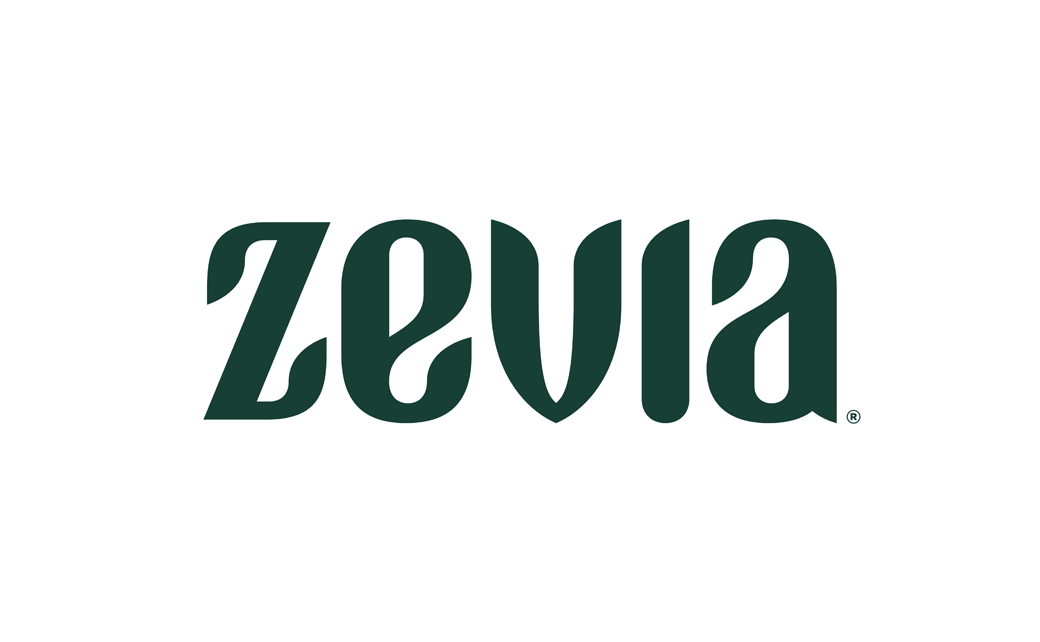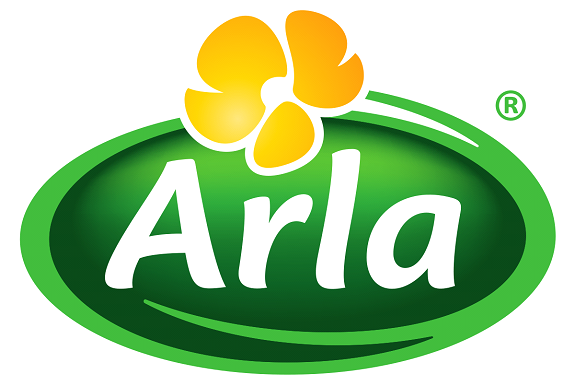Cannabis Industry Hiring: Building Teams for Growth
The cannabis industry, and more specifically the hemp industry, is exploding. With market projections soaring and new states embracing legalization, cannabis companies face a make-or-break challenge: building teams that can navigate this high-growth, highly regulated landscape. But cannabis industry talent acquisition isn't like recruiting for traditional CPG or pharma. It's a whole different game.
The talent gap is real. Companies scrambling to scale are hitting roadblocks finding qualified candidates who understand both the plant and professional business operations. Meanwhile, stigma lingers, compliance requirements shift constantly, and competition for experienced cannabis professionals has reached fever pitch.
In this guide, we'll cut through the smoke and deliver actionable cannabis industry hiring strategies that actually work. You'll discover how to build your employer brand, tap into adjacent industries for transferable skills, navigate the compliance maze, and create compensation packages that attract and retain top performers in this dynamic space.

The Current State of Cannabis Industry Hiring
Market Growth and Talent Demand
The numbers don't lie—cannabis is on fire. According to Flowhub the legal cannabis market will reach $49.5 billion by 2028. This explosive expansion has created a talent vacuum that's proving difficult to fill.
Cannabis companies aren't just competing with each other for talent. They're up against tech startups, pharmaceutical giants, and consumer packaged goods leaders—all industries with established recruitment pipelines and decades of employer brand development. The cannabis talent pool, by comparison, is still forming.
Unique Challenges in Cannabis Recruitment
Cannabis industry hiring comes with obstacles you won't find in other sectors:
Stigma persists. Despite growing acceptance, many qualified professionals remain hesitant to enter the cannabis space, fearing career repercussions. This stigma shrinks an already limited talent pool.
Compliance requirements create complexity. Background check requirements vary wildly by state, with some jurisdictions disqualifying candidates for minor infractions from decades ago. This regulatory patchwork makes standardized hiring processes nearly impossible.
Experience paradox. Companies want cannabis experience, but the legal industry is young. This creates a catch-22 where businesses need experienced professionals in a field where legitimate experience is limited.
Rapid evolution demands adaptability. The cannabis landscape changes weekly. Regulations shift, consumer preferences evolve, and business models transform. Finding candidates who can thrive amid constant change presents a significant challenge.
Key Cannabis Industry Talent Acquisition Strategies
Defining Your Cannabis Company's Employer Brand
In a competitive talent market, your employer brand isn't optional—it's essential. Cannabis companies with clear missions, values, and cultures attract stronger candidates than those still figuring out their identity.
Start by answering these questions:
What makes your cannabis company different from competitors?
What values drive your business decisions?
What kind of culture are you building?
What growth opportunities can you offer that others can't?
Your answers should inform everything from job descriptions to interview processes. Be authentic—candidates can spot generic corporate speak a mile away.

Targeting Transferable Skills from Adjacent Industries
The solution to the cannabis experience paradox? Look beyond cannabis-specific experience to transferable skills from adjacent industries.
CPG professionals bring valuable expertise in brand building, consumer insights, and retail strategy—critical skills as cannabis becomes more mainstream and brand-driven.
Pharmaceutical talent offers deep knowledge of regulatory compliance, quality control, and clinical research—increasingly important as medical cannabis expands and regulations tighten.
Agriculture and horticulture experts understand large-scale cultivation, supply chain management, and sustainable growing practices—essential for scaling operations efficiently.
Beverage alcohol veterans have navigated complex regulatory environments, age-restricted marketing, and distribution challenges—directly applicable to cannabis.
When evaluating candidates from these industries, focus on adaptability and learning agility over specific cannabis knowledge. Technical skills can be taught; the ability to thrive in ambiguity and rapid change cannot.
Navigating Compliance and Background Check Complexities
Cannabis industry hiring requires navigating a maze of compliance requirements that vary by state, municipality, and license type. Developing a standardized yet flexible approach is critical.
Create a compliance matrix for each location where you operate, documenting specific requirements for different positions. Partner with legal counsel to ensure your hiring practices meet all regulations while remaining as inclusive as possible.
Background checks deserve special attention. Many qualified candidates have minor cannabis convictions that occurred before legalization. Progressive cannabis companies are implementing "fair chance" hiring policies that consider the context of past offenses rather than implementing blanket disqualifications.
The National Cannabis Industry Association offers resources to help companies develop compliant hiring practices that don't unnecessarily restrict talent pools. Their guidance can help you balance regulatory requirements with talent acquisition needs.
Building High-Performance Cannabis Teams
Leadership Roles Critical for Cannabis Industry Success
The right leadership can make or break a cannabis operation. As the industry matures, certain roles have emerged as particularly crucial:
Chief Compliance Officer – In an industry where regulatory missteps can mean license revocation, compliance leadership isn't optional. The best CCOs combine regulatory knowledge with business acumen, ensuring compliance without stifling innovation.
VP of Manufacturing/Operations – Cannabis production requires specialized expertise spanning extraction, formulation, and packaging. Leaders who understand both GMP standards and cannabis-specific challenges are worth their weight in gold.
Director of Retail – Cannabis retail isn't like traditional retail. Leaders who understand the unique customer education needs, compliance requirements, and inventory management challenges specific to cannabis dispensaries drive significantly better results.
Chief Marketing Officer – Marketing cannabis requires navigating complex advertising restrictions while building brands that resonate. CMOs who can thread this needle bring immense value, especially as markets become more competitive.

Creating Competitive Compensation Packages
Cannabis compensation has evolved dramatically. The days of equity-heavy, cash-light packages are largely behind us as the industry matures. Today's cannabis professionals expect competitive cash compensation alongside thoughtful benefits and potential equity upside.
Benchmark compensation against both cannabis competitors and adjacent industries. For roles requiring transferable skills from CPG, pharma, or agriculture, your packages should be comparable to those industries if you want to attract top talent.
Beyond base salary, consider these components:
Performance-based bonuses tied to clear metrics
Equity or profit-sharing programs that align with company growth
Comprehensive benefits including mental health support
Flexible work arrangements where operationally feasible
Professional development stipends and growth opportunities
Remember that compensation transparency is increasingly important to candidates. Clear communication about salary ranges and total compensation philosophy demonstrates professionalism and builds trust during recruitment.
Developing Career Pathways in an Evolving Industry
Cannabis professionals want to know they're not just taking a job—they're building a career. Companies that clearly articulate growth paths have a significant advantage in both recruitment and retention.
Map potential career progressions for key roles, showing how team members can advance as both they and the company grow. This exercise isn't just for candidates; it forces leadership to think strategically about organizational development.
Implement formal mentorship programs pairing industry veterans with promising talent from other sectors. These relationships accelerate knowledge transfer and help new cannabis professionals navigate industry nuances.
Invest in continuous learning opportunities specific to cannabis. Partner with organizations like Green Flower or Cannabis Training University to provide industry-specific education alongside traditional professional development.
Show Support: Elevating Your Cannabis Recruitment Strategy
Building a high-performing cannabis team isn't just about filling positions—it's about finding transformative talent that can navigate today's challenges while positioning your company for tomorrow's opportunities. The strategies outlined here provide a foundation, but execution requires both expertise and persistence.
The cannabis industry's rapid evolution demands a recruitment approach that's equally dynamic. Yesterday's playbook won't work for tomorrow's challenges. Companies that treat talent acquisition as a strategic priority rather than a tactical function consistently outperform those viewing recruitment as merely "filling seats."
At Protis Global, we've witnessed firsthand how the right talent transforms cannabis organizations. Our approach goes beyond traditional recruitment, leveraging deep CPG expertise and cannabis industry knowledge to identify professionals who don't just meet job requirements—they elevate entire organizations.
Whether you're building a cannabis startup team from scratch or scaling an established operation, remember that people drive performance. Invest accordingly, and the returns will follow.
Ready to transform your cannabis organization through strategic talent acquisition? Let's start a conversation about your specific challenges and opportunities. The right team isn't just possible—it's within reach.


















